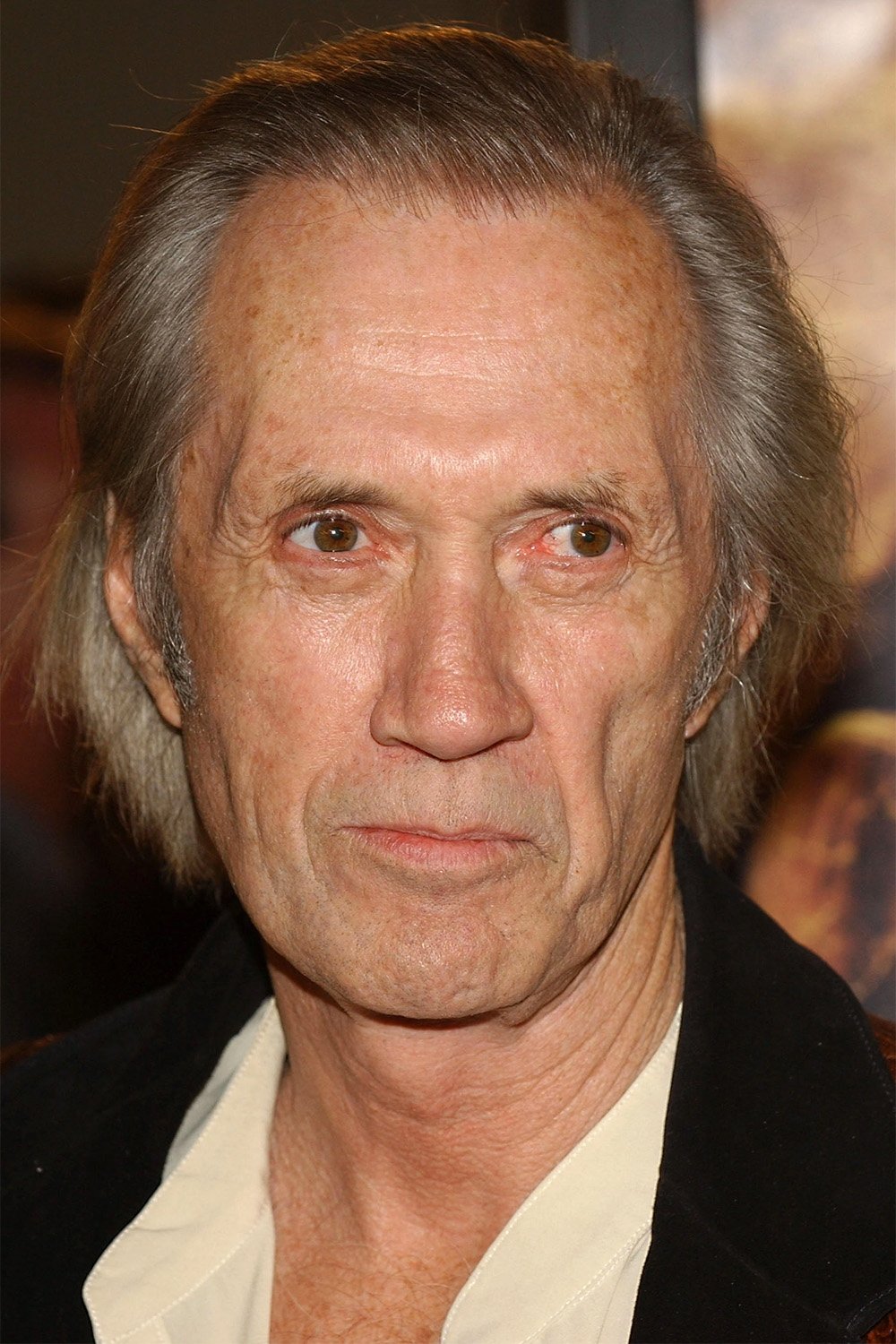
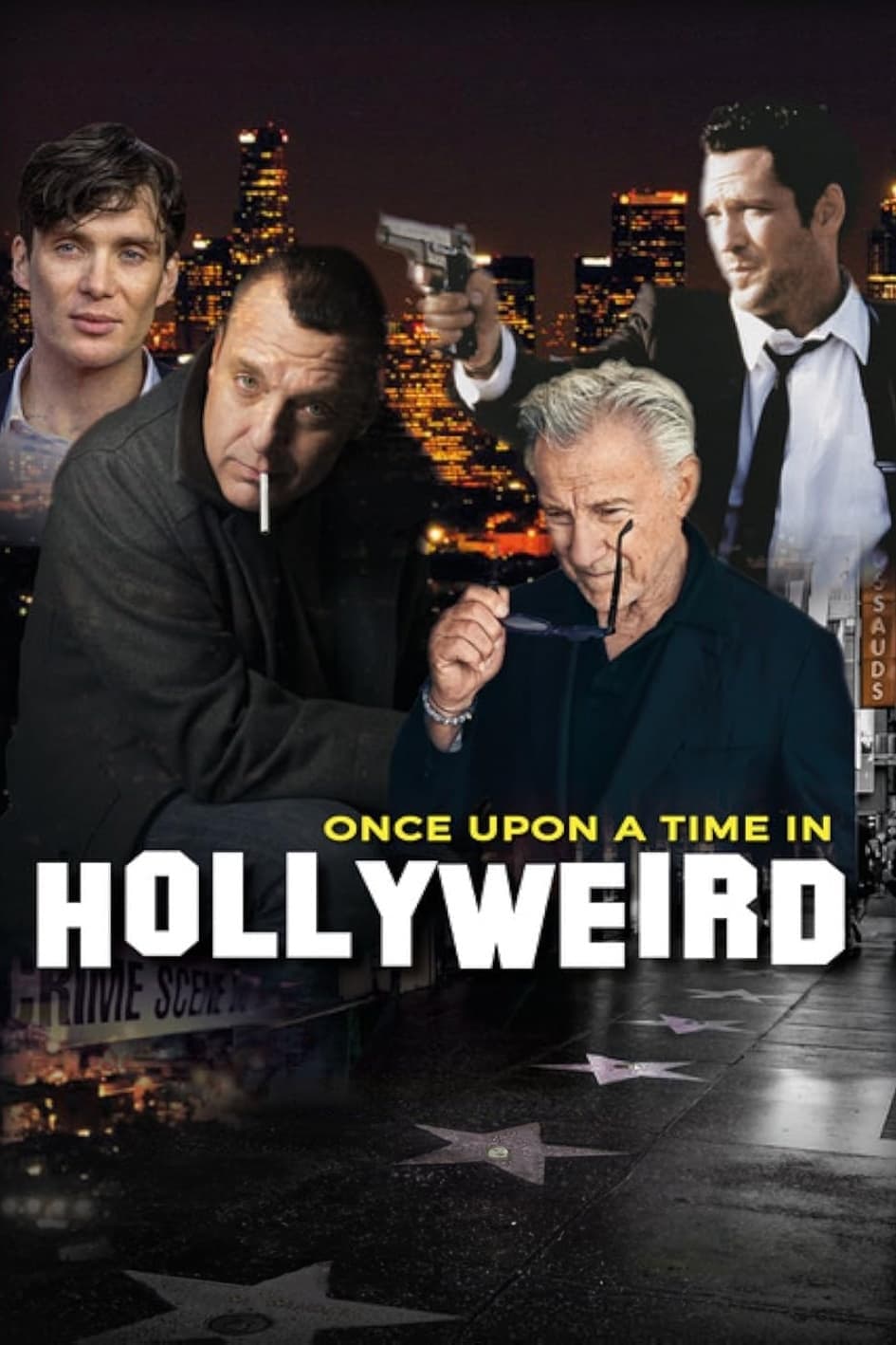
When Hollywood icon Michael Madsen goes missing presumed dead, they call in Rick Blaine (Tom Sizemore) to investigate. A Tarantino-style murder mystery, that is, Once Upon a Time in Hollyweird.

In 1971, after being rejected by Hollywood, Bruce Lee returned to his parents’ homeland of Hong Kong to complete four iconic films. Charting his struggles between two worlds, this portrait explores questions of identity and representation through the use of rare archival footage, interviews with loved ones and Bruce’s own writings.
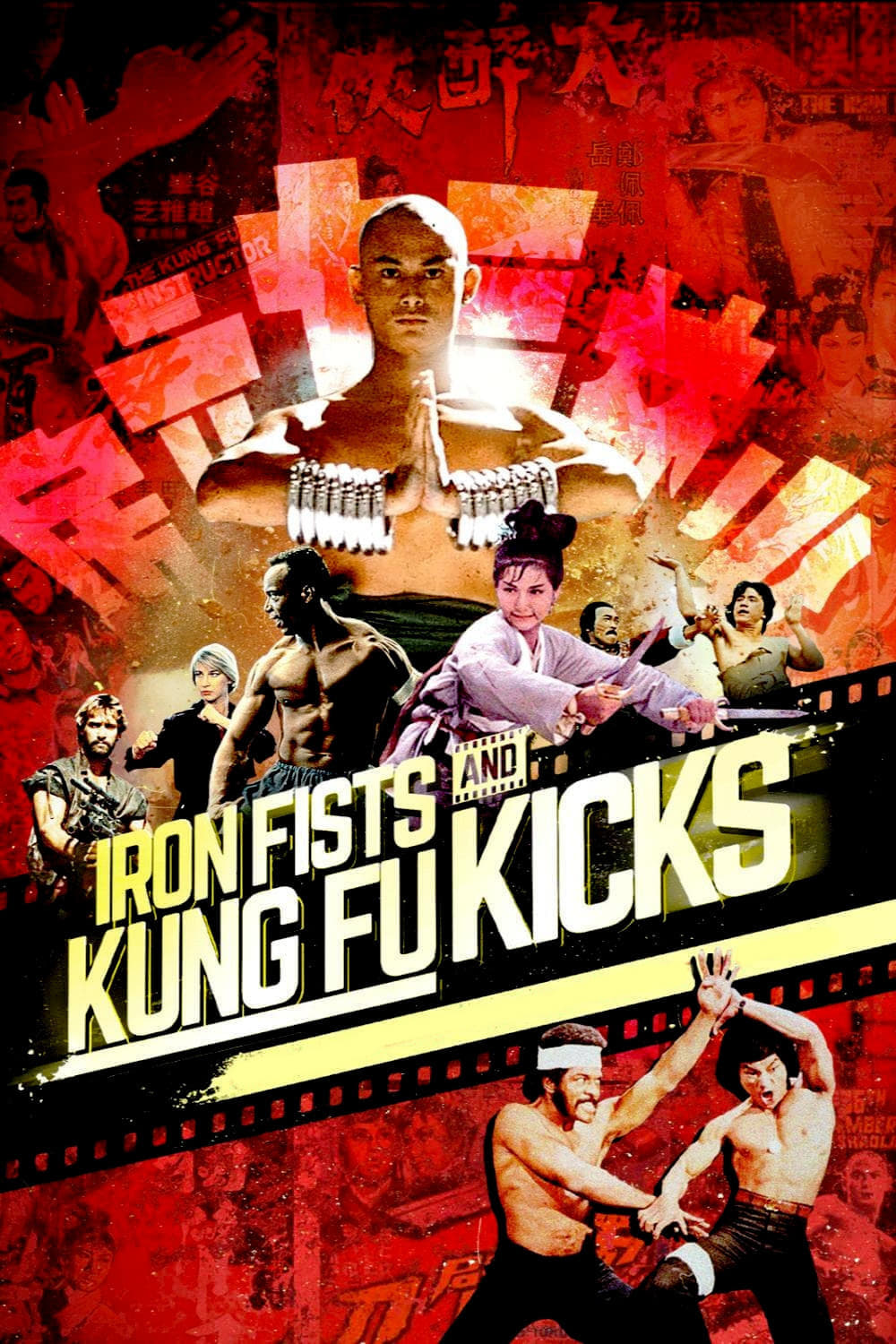
The fantastic story of how an ancient martial art, Chinese kung fu, conquered the world through the hundreds of films that were produced in Hong Kong over the decades, transformed Western action cinema and inspired the birth of cultural movements such as blaxploitation, hip hop music, parkour and Wakaliwood cinema.

Shot in France, England, Switzerland and the United States, this documentary covers director Alejandro Jodorowsky (El Topo, Holy Mountain, Santa Sangre) and his 1974 Quixotic attempt to adapt the seminal sci-fi novel Dune into a feature film. After spending 2 years and millions of dollars, the massive undertaking eventually fell apart, but the artists Jodorowsky assembled for the legendary project continued to work together. This group of artists, or his “warriors” as Jodorowsky named them, went on to define modern sci-fi cinema with such films as Alien, Blade Runner, Star Wars and Total Recall.
Bernie Madoff is at the hub of the biggest conspiracy the world has ever known, according to Mr. X. Dave Edmund, a small Independent film maker puts it all on the line to bring the world the truth.
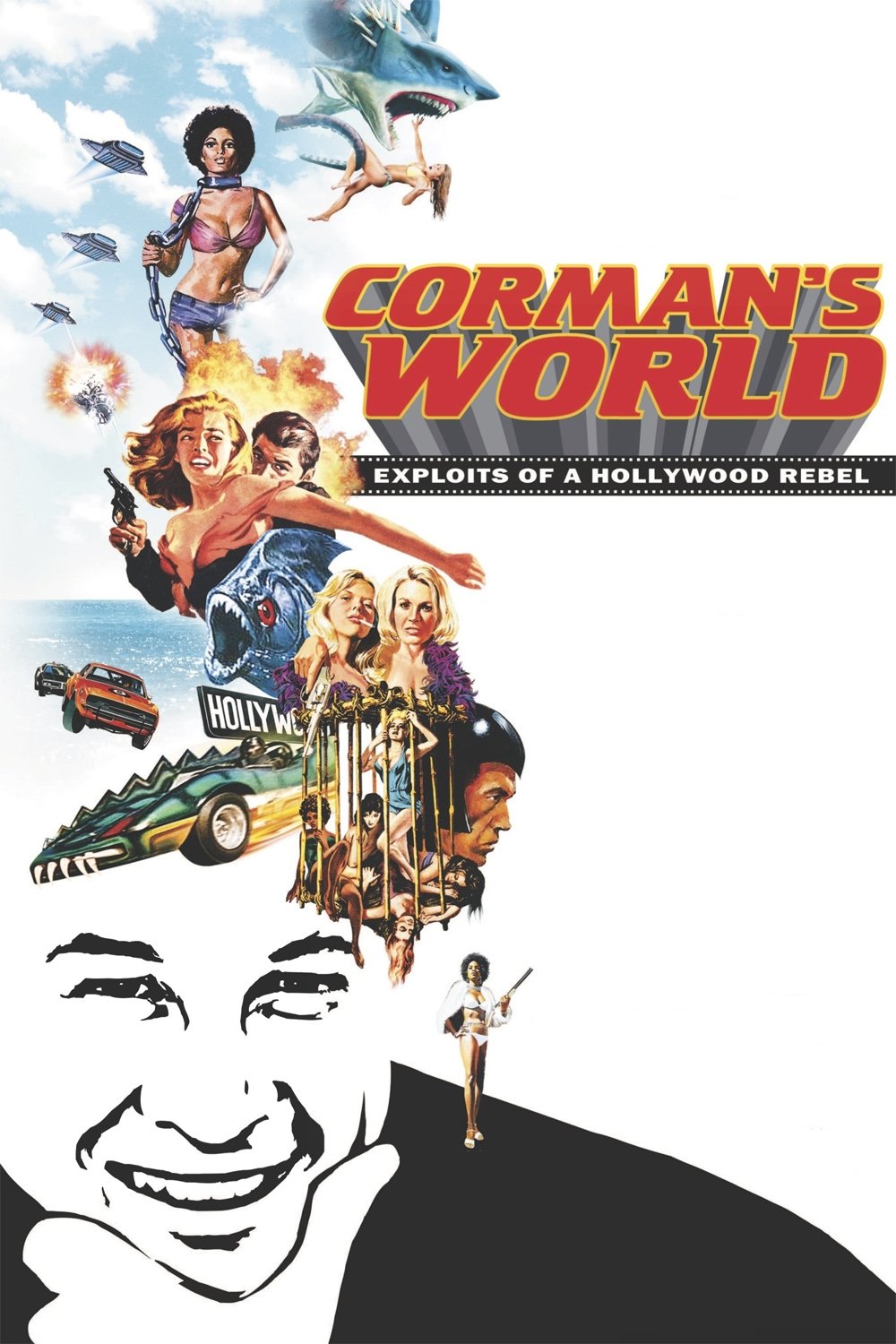
A chronicle of the long career of American filmmaker Roger Corman, the most tenacious and ingenious low-budget producer and director in the US film industry, a pioneer of independent filmmaking and discoverer of new talent.
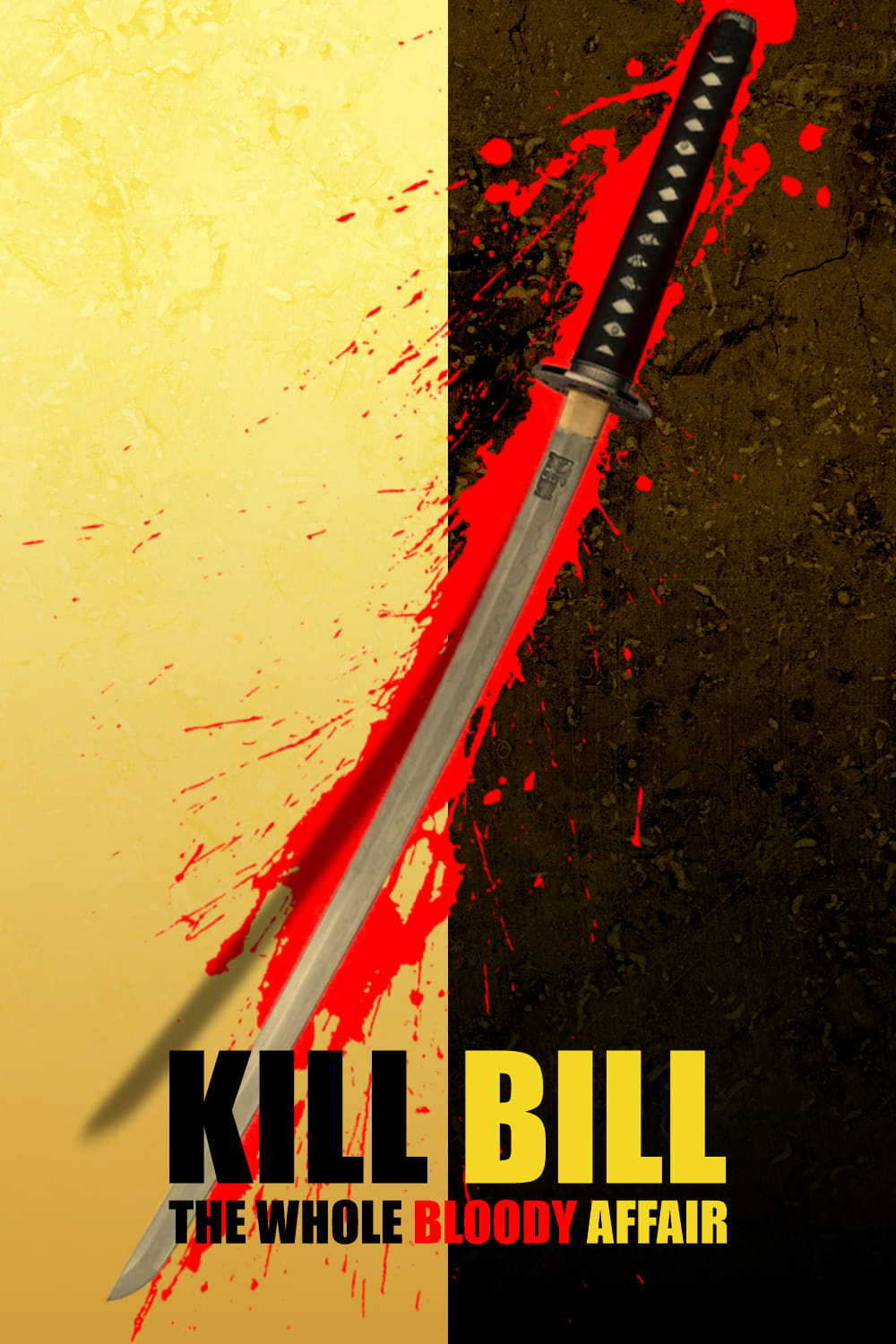
An assassin is shot and almost killed by her ruthless employer, Bill, and other members of their assassination circle – but she lives to plot her vengeance.
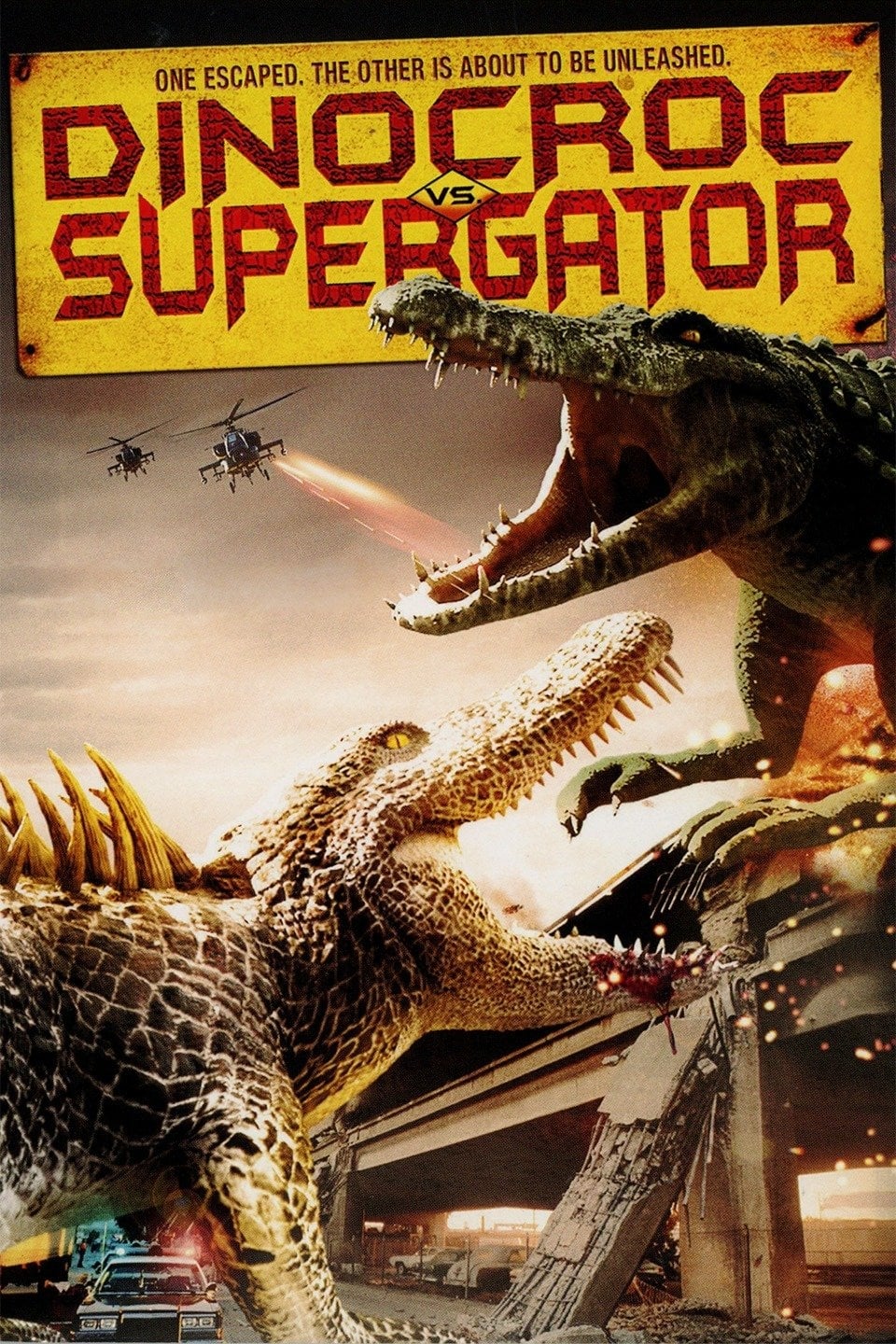
On a lush tropical island, working under a secret government charter, Martin Drake has not only grown sprawling acres of giant vegetables, but inadvertently spawned two mammoth reptiles as well. Now they've broken free of their enclosures, and Drake has only one option: kill the creatures before word gets back to Washington and they close him down. When Drake's first team of well-armed mercenaries gets wiped out within hours of setting down in the jungle, he turns to one lone hunter, The Cajun, to go in single-handedly. But will The Cajun be cunning enough to find the creatures and destroy them before they turn the blue waters red with the blood of tourists. The only hope is to bring the monsters together and make them fight. When one emerges victorious, that will be the time to strike and kill the other. It's a risky plan, but ultimately the only one that may work. One of David Carradine's last movies.
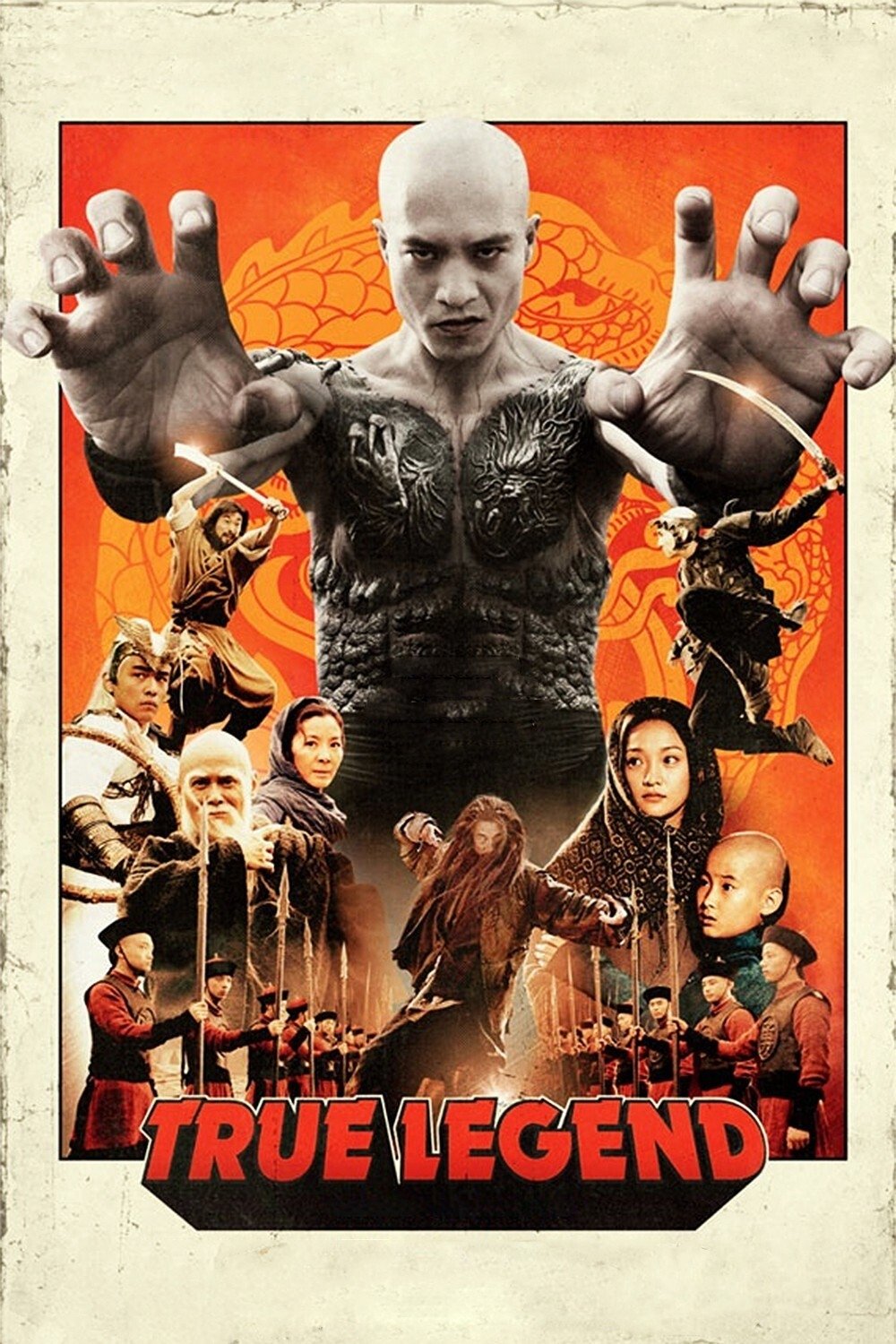
Su Qi-Er, a wealthy man living during the Qing Dynasty who loses his fortune and reputation as a result of a conspiracy against him. After being forced out onto the streets, Su dedicates his life to martial arts and reemerges as a patriotic hero known as the "King of Beggars."

A group of high school students are sent to Detention. Abandoned and locked in, images of Ghosts appear as they attempt to escape, only to find themselves connected to a past horrific death and made responsible for it with their lives.
David Carradine (born John Arthur Carradine Jr.; December 8, 1936 – June 3, 2009) was an American actor best known for playing martial arts roles. He is perhaps best known as the star of the 1970s television series Kung Fu, playing Kwai Chang Caine, a peace-loving Shaolin monk travelling through the American Old West. He also portrayed the title character of both of the Kill Bill films. He appeared in two Martin Scorsese films: Boxcar Bertha and Mean Streets. David Carradine was a member of the Carradine family of actors that began with his father, John Carradine. The elder Carradine's acting career, which included major and minor roles on stage, television, and in cinema, spanned more than four decades. A prolific "B" movie actor, David Carradine appeared in more than 100 feature films in a career spanning more than six decades. He received nominations for a Golden Globe Award and an Emmy Award for his work on Kung Fu, and received three additional Golden Globe nominations for his performances in the Woody Guthrie biopic Bound for Glory (1976), the television miniseries North and South (1985), and Quentin Tarantino's Kill Bill: Volume 2, for which he won the Saturn Award for Best Supporting Actor. Throughout his life, Carradine was arrested and prosecuted for a variety of offenses, which often involved substance abuse. Films that featured Carradine continued to be released after his death. These posthumous credits were from a variety of genres including action, documentaries, drama, horror, martial arts, science fiction, and westerns. In addition to his acting career, Carradine was a director and musician. Moreover, influenced by his Kung Fu role, he studied martial arts. On April 1, 1997, Carradine received a star on the Hollywood Walk of Fame. Description above from the Wikipedia article David Carradine, licensed under CC-BY-SA, full list of contributors on Wikipedia.
By browsing this website, you accept our cookies policy.